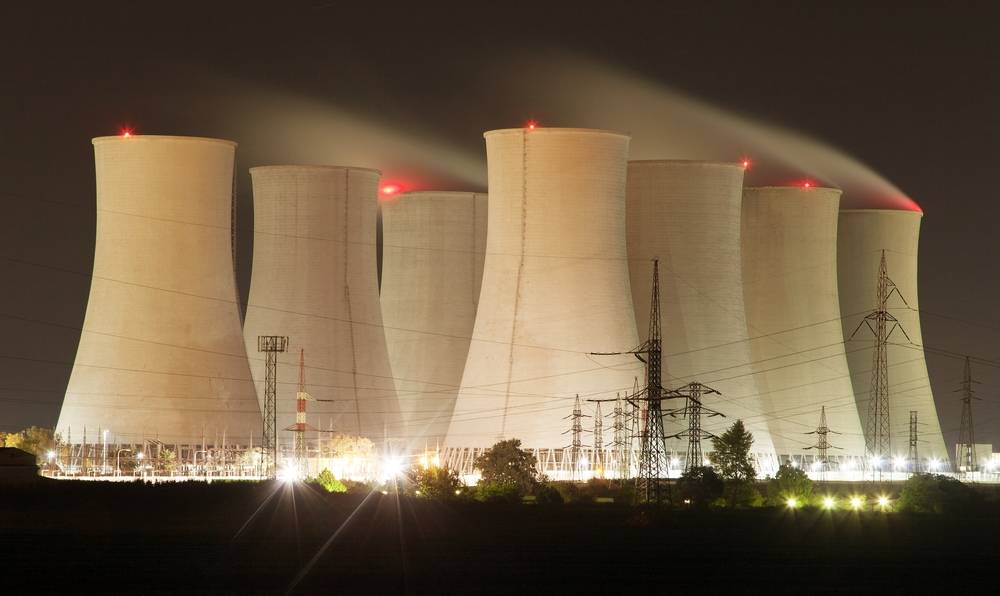
"Tritium is a radioactive isotope of hydrogen, typically used with deuterium in fusion energy reactors, crucial for the future of fusion technology."
"The research from Los Alamos suggests that traditional nuclear waste could be refined into tritium, potentially transforming 90,000 metric tons of waste into a resource."
"Commercial tritium currently costs about $15 million per pound, and there is no domestic production capability in the US."
"The US relies on Canada for tritium, where CANDU reactors produce it as a byproduct, yielding only about 0.1 kg annually per reactor."
Tritium, a rare and expensive isotope of hydrogen, is crucial for fusion energy reactors. Research from Los Alamos suggests that traditional nuclear waste could be refined into tritium, potentially converting significant amounts of waste into a valuable resource. Currently valued at $15 million per pound, tritium has no domestic production capability in the U.S., which relies on Canada for tritium from CANDU reactors. Each CANDU reactor produces only about 0.1 kg of tritium annually, illustrating the importance of developing efficient domestic sources.
Read at Theregister
Unable to calculate read time
Collection
[
|
...
]